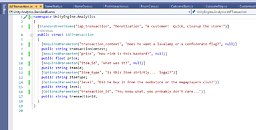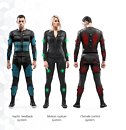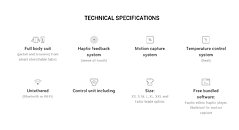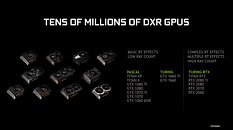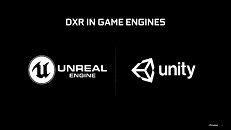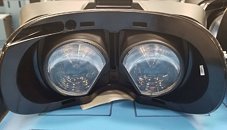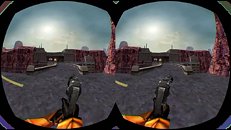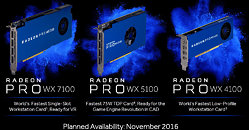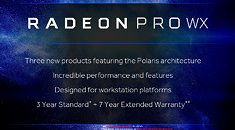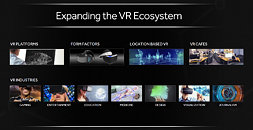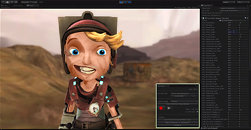Unity Releases 2020 Gaming Benchmark Report
Unity, the world's leading platform for creating and operating real-time 3D (RT3D) content, today released the 2021 Gaming Report: Unity Insights from 2020 and Predicted Trends for 2021, which provides a comprehensive look at how gaming changed for both players and creators one year into the pandemic. With more than 2.8 billion monthly active consumers of content created or operated with Unity solutions, this report represents the largest dataset on COVID-19's impact on gaming. For a free copy of Unity's 2021 Gaming Report, please visit this page.
"It's still too early to tell if changed habits will become the new norm once the pandemic is over, but given our understanding of past player behavior changes, it would be surprising to see many players revert," said Ingrid Lestiyo, Senior VP and General Manager, Operate Solutions, Unity. "In a year where online entertainment content - more than ever - became the cornerstone of social connections for so many when seeking a semblance of normalcy, Unity Operate Solutions was there to provide reliable, scalable solutions that helped keep the experiences connected and players engaged. Our amazing creators are here for that reason, and our mission is to enable them to focus on, and produce more, content with the technology we provide. While the nature of work may have changed for many game studios over the last year, the tools that help to power their success continued to deliver results that kept players happy, and revenue for developers of all sizes growing."
"It's still too early to tell if changed habits will become the new norm once the pandemic is over, but given our understanding of past player behavior changes, it would be surprising to see many players revert," said Ingrid Lestiyo, Senior VP and General Manager, Operate Solutions, Unity. "In a year where online entertainment content - more than ever - became the cornerstone of social connections for so many when seeking a semblance of normalcy, Unity Operate Solutions was there to provide reliable, scalable solutions that helped keep the experiences connected and players engaged. Our amazing creators are here for that reason, and our mission is to enable them to focus on, and produce more, content with the technology we provide. While the nature of work may have changed for many game studios over the last year, the tools that help to power their success continued to deliver results that kept players happy, and revenue for developers of all sizes growing."

